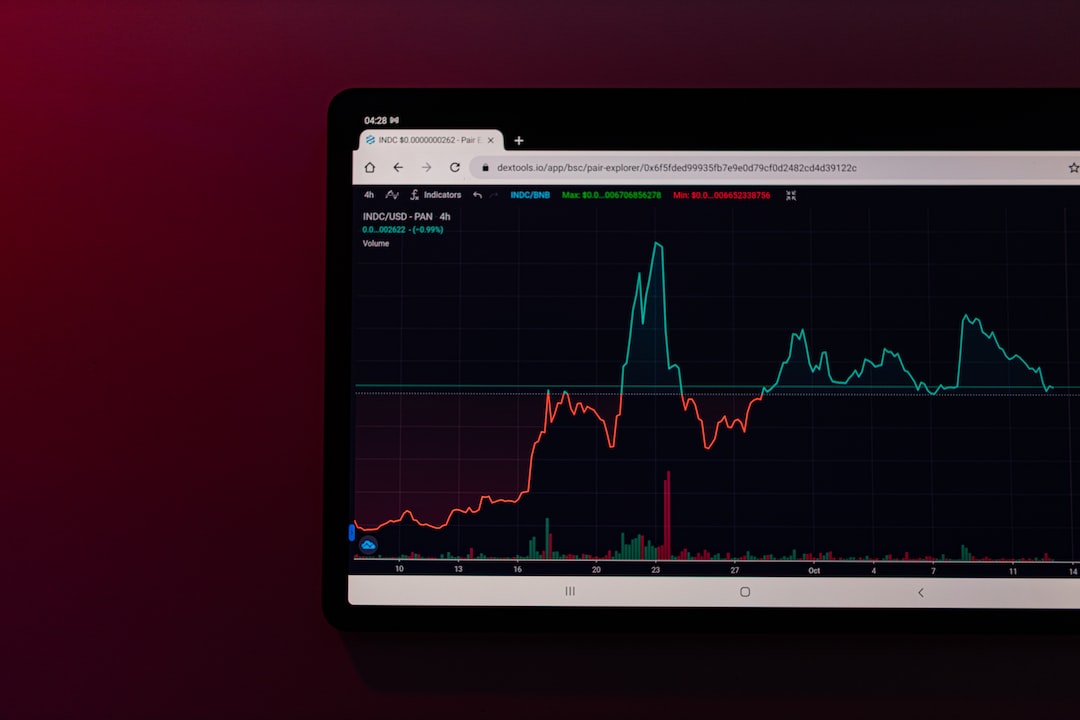A group of senior judges in the UK issue guidance on responsible use of AI in courts
A group of four senior judges in the United Kingdom have issued judicial guidance for artificial intelligence (AI), which deals with the “responsible use” of AI in courts and tribunals. The guidance, published on Dec. 12, is directed toward magistrates, tribunal panel members and judges in England and Wales, and it is intended to inform and warn court officials.
Potentially useful instances of AI usage
The guidance points out potentially useful instances of AI usage, primarily in administrative aspects such as summarizing texts, writing presentations and composing emails. England’s second most senior judge, Sir Geoffrey Vos, said AI provides “great opportunities for the justice system, but because it’s so new we need to make sure that judges at all levels understand [it properly].”
Cautions about false information and legal research
However, most of the guidance cautions judges to be vigilant about consuming false information produced through AI searches and summaries, as well as cautious about anything false being produced by AI in their name. Particularly not recommended is the use of AI for legal research and analysis. The guidance said information provided by AI tools “may be inaccurate, incomplete, misleading or out of date.” Also, it noted that United States laws may influence most AI systems. “Even if it purports to represent English law, it may not do so.”
Future work and recent developments
According to the issuing judges, this guidance is the first step in a “suite of future work” to support judiciary interactions with AI. In the future, the judiciary in both courts and tribunals will have the opportunity to take a survey and submit any questions. This judicial guidance comes shortly after the U.K. held its inaugural AI Safety Summit at the beginning of November. On Dec. 8, the European Union reached an agreement about its landmark AI regulation, which touches on various facets of regulating the technology, including governmental use, transparency requirements and regulating powerful AI models such as ChatGPT.
Hot Take: Judicial guidance on responsible use of AI in UK courts
A group of senior judges in the United Kingdom has issued judicial guidance to inform and warn court officials about the responsible use of artificial intelligence (AI) in courts and tribunals. The guidance highlights potential uses of AI in administrative tasks but also cautions judges about consuming false information produced by AI tools. It specifically advises against using AI for legal research and analysis due to potential inaccuracies and misleading results. This guidance is the first step in a series of future work to support judiciary interactions with AI. The UK’s focus on responsible AI use aligns with recent developments such as the inaugural AI Safety Summit and the European Union’s landmark AI regulation.





 By
By
 By
By
 By
By
 By
By
 By
By
 By
By